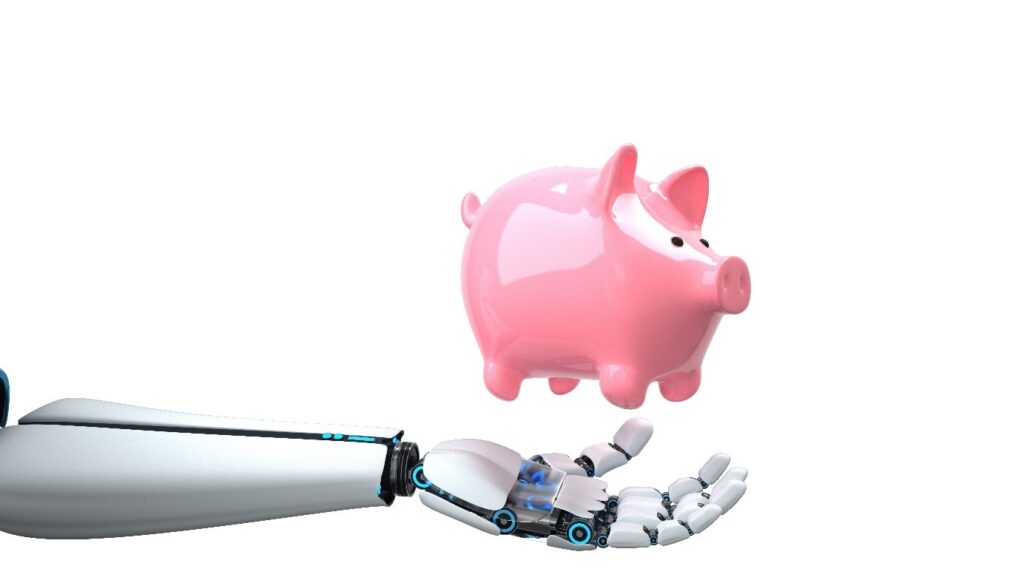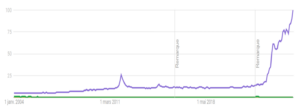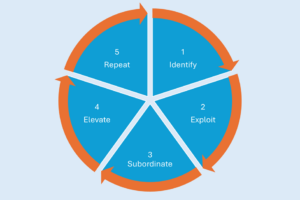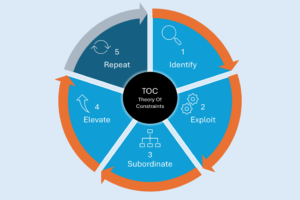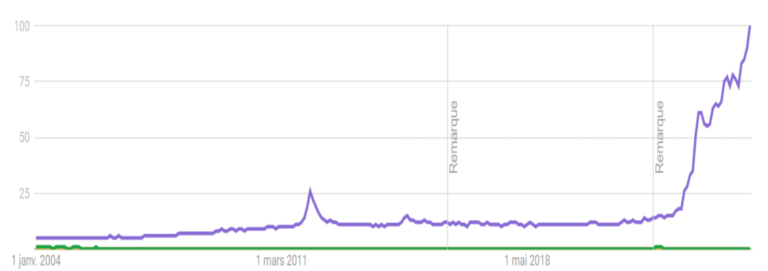I recently attended a Supply Chain conference, where it became clear that we, industry professionals, have been terrible predators – criminals.
Over the past 4 decades, we have relocated production to distant countries, skillfully built up long and complex supply chains, and multiplied transport volumes and the associated carbon emissions.
Forbes recently published an article describing how Chinese e-commerce sites Temu and Shein together ship the equivalent of 88 Boeing 777 freighters around the world every day…
We’ve done all this in search of lower costs, often offset by the loss of agility, the increase in work-in-process in the chain, and the associated risks – including social and geopolitical. And, of course, environmental impact has never been our concern: that’s a matter for regulators, not for companies!
Not much to be proud of when it comes to a career in the supply chain…
But that was before, now we’re all about “green supply chain” and reindustrialization, on the European and American continents, aren’t we? We’ve learned from our mistakes and become virtuous.
Hum.
Among our initiatives, we are of course also fully committed to digitalization. All the supply chain forums are buzzing with talk of big data, artificial intelligence and, why not, generative intelligence. Blockchain, which was all the rage a few years ago, is now a little out of fashion, but new technologies are being developed all the time.
Our companies have systems of all kinds and a range of digital applications to complement a struggling ERP system.
Read on SAP’s sustainable supply chain website:
“Digital transformation and the growing sophistication of digital supply chain technologies are playing a major part in the evolution of supply chain sustainability. Big Data management, advanced analytics, artificial intelligence (AI), and security tools, such as blockchain and RFID sensors, have brought unprecedented visibility and accountability to modern supply chains.
Nice technological promise: more big data and artificial intelligence will enable us to green our operations.
Demand for computing capacity is exploding. Datacenters consume a lot of energy. The demand for data centers is straining the power grids of many countries. Each datacenter also consumes huge quantities of water for cooling. The growing power of artificial intelligence, in fact, is voracious in terms of energy and water – two key resources for our planet.
And what if the “green supply chain” also involved frugal, reasoned digitization?
What does frugal digitization mean? Essentially, it means being pragmatic and implementing simple solutions that deliver value. For example :
– Right size the solutions – do not succumb to shiny bells and whistles (your wallet will also thank you for that).
– Do not use machine learning when simple business rules or basic statistics are sufficient.
– Reduce dataset size to really useful data.
– Focus on the design of the management model and its monitoring by exception.
– Simplify processes rather than digitize complexity.
If you focus on these elements, not only will your digitization be less energy-intensive, but your users will thank you for simplifying their daily lives…
